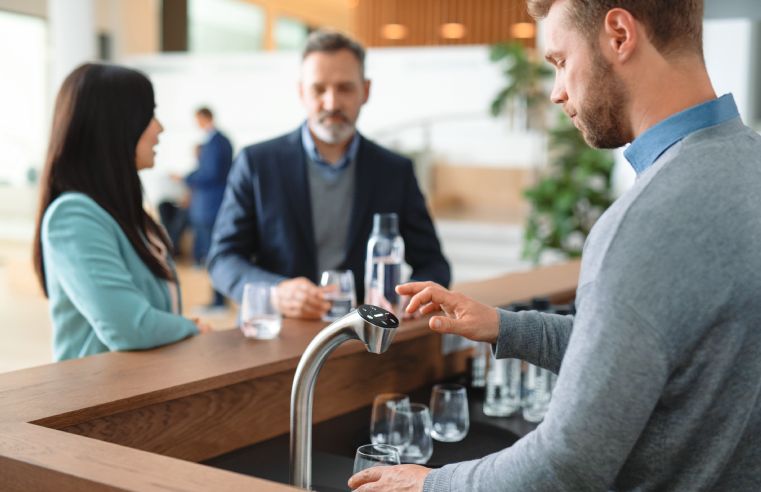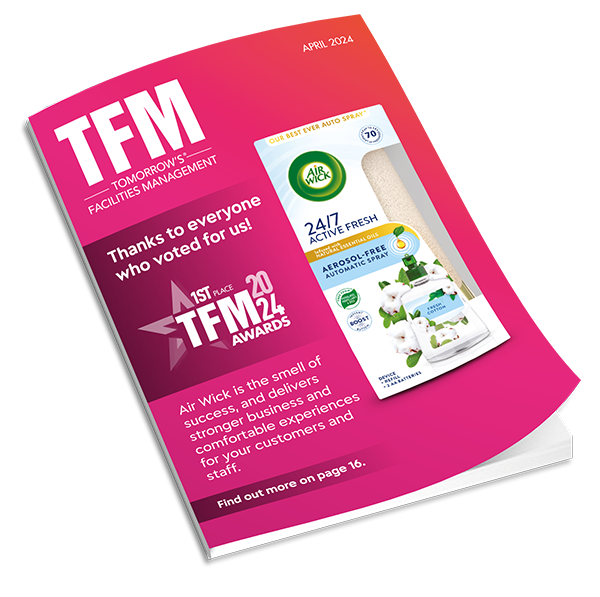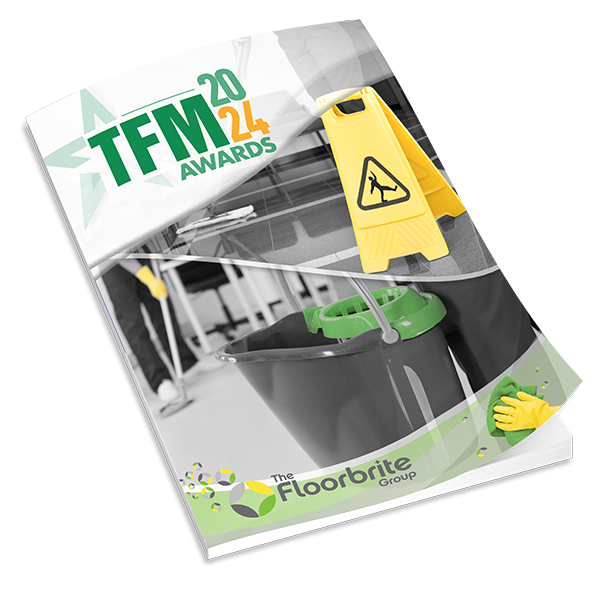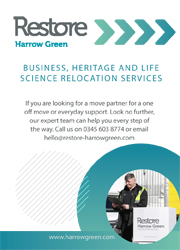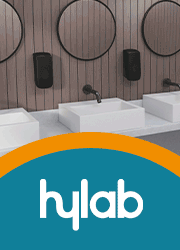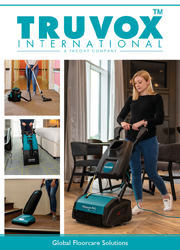Today, FMs and HR professionals have a new responsibility to keep people safe and productive in their home offices, says Barbour EHS.
Until we get a vaccine or an effective, nationwide test and trace programme that can help us return to something resembling business-as-usual, organisations need a long-term strategy to adapt.
For instance, although home working was once seen as a temporary measure to deal with the rapidly spreading pandemic, but, eight months on, it is increasingly becoming a fixture in our lives. As a result, the role of managers, FMs, and HR professionals has evolved: today, they have a new responsibility to keep people safe and productive in their home offices.
Risk assessments are more important than ever
As ever, life begins with a risk assessment. Employees need the tools and knowledge to look after themselves at home, and their employers need to provide it. That’s the role of a risk assessment.
Each risk assessment differs significantly between organisations, but there are always a set of principles they should cover, such as entrances, workspaces and how employees interact. When it comes to homeworking, risk assessments should account for things like desk chairs, screens, footrests and so on. Unlike a typical office, many employees will not have these things in their homes.
In addition, risk assessments should identify whether employees have the knowledge and understanding of how to take care of themselves, such as by taking regular breaks to rest their eyes. They should also understand and have access to mental health and wellbeing support, which has taken on a new urgency during lockdown.
Employers should also consider other factors that may impact homeworking or require extra flexibility, such as kids returning to school.
Confusing guidelines
For firms welcoming staff back to the workplace, it’s necessary to make them COVID-secure. The UK government has produced a series of guides covering different industries and kinds of workplaces, from factories and warehouses to shops and restaurants. Nevertheless, there is common guidance in each, including:
- Introducing measures to enable social distancing—including physical barriers.
- Protecting employees at higher risk.
- Providing extra hand-washing facilities.
- Minimising visitors and changing working patterns to reduce numbers.
- Using face coverings.
- Communicating new control measures to employees.
Where there are activities that require employees to work in close contact with each other, strict hygiene measures, good ventilation and mask wearing may be used in place of social distancing. Keeping individuals who work together away from other employees may also be necessary to stop the spread of disease.
When it comes to mask wearing, there are some additional caveats and rules. Although it is encouraged in all indoor workplaces, it is not mandatory if social distancing is possible and will not result in any fines. In addition, the UK government is discouraging use of PPE and respiratory equipment to ensure availability for healthcare workers.
Face masks, although important, are not a panacea, particularly given that many people do not wear them properly, or frequently touch and adjust them. As a result, social distancing, handwashing and cleaning is preferred in workplaces. However, in many public settings such as public transport and retail, mask wearing is mandatory and failure to comply will result in fines.
One of the major challenges organisations face is that there is no overarching set of guidelines covering the whole of the UK. Scotland, Wales and Northern Ireland have devolved governments with their own separate COVID-19 rules. For firms that operate in more than one of the home nations, it’s vital to understand each country’s regulations and ensure that there are no crossed wires when planning measure in each of their sites.
Furthermore, the ‘tier’ system of lockdown measures means rules and guidelines change from place to place even within England, further muddying the waters.
This has implications for people who travel for work. Although there are a standard set of regulations all businesses must meet, there are extra requirements in each of the devolved nations, and as each one locks down or opens up at different speeds, it is vital to keep track of these differences. There may, for instance, be restrictions on whether people can stay overnight for work-related purposes when travelling between England and Wales. The guidance suggests minimising the amount of travel required for work where possible.
Delayed reopening means homeworking takes priority
Reopening premises may have to take a backseat to protecting employees already working from home and ensuring proper risk assessments have been performed to keep them safe and secure.
Understandably, many employees are experiencing a lot of stress and anxiety. From an employer’s perspective, this can have a serious negative impact on productivity and performance. But on a human level, employers have a duty to support their employees’ mental health and wellbeing, to encourage contact and communication and help staff support each other.
As we settle in for a difficult winter of short, dark days, this support is more vital than ever. If we’re to get through the next six months, employers need to refocus their energies on supporting their staff and helping them cope with anxiety and stress instead of reopening their premises.








